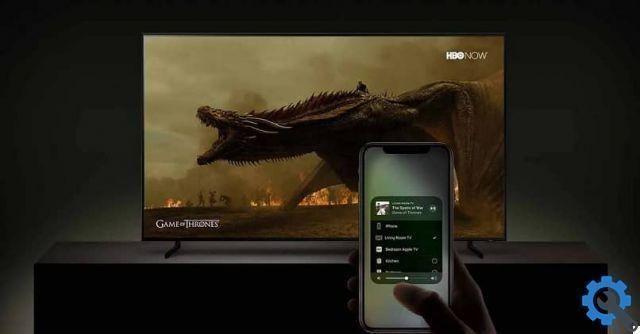In the late 1800s, a young New Zealand director named Peter Jackson decided to bring JRR Tolkien's novel The Lord of the Rings to the big screen.
Not only did he manage to convince the production company “New Line Cinema” to give the green light to his project, but he also managed to obtain exorbitant production values for those times, on which every penny was spent. "Lord of the Rings" was not a medieval fantasy film, it was THE medieval fantasy film, although more than one film, there were three.
This success is due to the excellent scenography of the director and all the producers involved in the shoot. Everything was perfect: the special effects, the photography, the casting, the adaptation of the screenplay… And in this last point lies much of the heart of the trilogy; In the films we don't see cartoon characters, who lack development or who are mere tools to advance the plot; we see individuals with strengths and weaknesses, with moments of courage and moments of fear… we live the journey with them.
Jackson is in fact able to give body to secondary characters and to develop subplots, making them relevant and interesting.
In addition to this virtue, Jackson was able to give a distinct and elegant aesthetic to the universe that Tolkien drew in his mind; each city has an architecture, clothing, calligraphy, etc. specific and that makes the world more credible and credible.
And let's not forget the battles, because what battles! Who doesn't get their hair on end when they see King Theoden's speech in front of the fields of Pelenor?
Unsurprisingly, "The Return of the King" won 11 Oscars (a record shared by only two other films: "Titanic" and "Ben-Hur"), including the best film which, although for those other than the third chapter is the most outstanding of the trilogy, it could practically be considered an honorary Oscar for making this one.
And this is how "The Lord of the Rings" has transcended in the world of cinema and, more specifically, in the genre of medieval fantasy: a trilogy to attract everyone ...
Even so, there was still a field to conquer, a field in which a devoted policeman, an Italian-American mobster, and a chemistry professor who sold drugs showed what the medium was capable of: television.
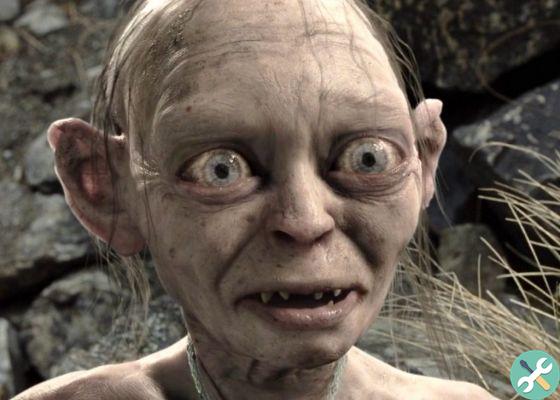
In 2010, two screenwriters who wanted to adapt a good story named David Benioff and David. B. Weiss, had a meeting with acclaimed writer George RR Martin, author of "A Song of Ice and Fire" among others, to bring this book to what was no longer considered "the stupid box" .
In fact, "A Song of Ice and Fire" was renamed "Game of Thrones" on television. The work is a medieval fantasy, but unlike Tolkien's books, this work had a radically opposite tone, with a much more realistic and raw medieval vision: politics, nobility, cruelty, machismo, slavery ... even if it did not give up on fantasy; there are magic, gods, creatures ...
It was the perfect opportunity to do what Peter Jackson did in movies, but on TV, and boy did he do it; "Game of Thrones" has become one of the most acclaimed television series, both by critics and audiences, in the history of television.
Despite having a modest budget at the start of filming, they opted for a series that would last several seasons, a series in which we would explore all of Westeros and the East, from Castle Black to the Bay of Slaves, a series in which we would get to know the names of each House and their mottos as if it were a history lesson, a series of which we would love (and hate) its characters.
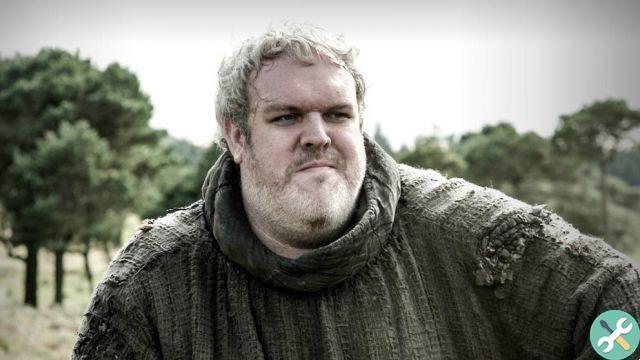
“Game of Thrones” was a series that, at least in its first seasons, was full of scripts; Either you were attentive, or you would have spent half of the series asking the typical questions of the viewer who has their attention split between Twitter and the episode, instead of focusing on the force of the phrases Tyrion Lannister was giving away in almost every intervention.
As an essay once said: "To make a good cinema you need three things: the screenplay, the screenplay and the screenplay". (Alfred Hitchcock).
"Game of Thrones" has good character development, some with great narrative complexity. He also addresses each topic by asking questions about honor, war and love. All this without pretending to be a philosophical series. It does this by confronting the viewer with events in such a way that he has to take a stand and draw his own conclusions.
Unfortunately, the strength of the script is not consistent throughout the series. After finishing the fifth season, the novelist had not continued to write the story, which would later be published in other books, much less had he come up with an ending.
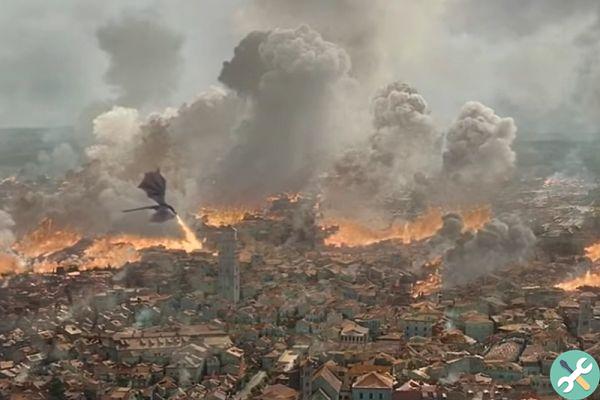
It is from the sixth season when the fearsome "Deus Ex Machina" and the gaps in the script appear. Despite this, “Game of Thrones” was crowned as a well-written and well-directed series with a huge base of followers and fans.
As for the technical section, the series is not exceptional but it is a remarkable level. Both the digital and the practical effects attest to this: the animation of the dragons is very well done and there are very well built sets like the one on the throne of Dragonstone.
And it is that, in this sense, the series was not very misled with what "The Lord of the Rings" did: combine both types of effects to give rise to a work that will age well, both to know how to manage the presence of digital effects, (and the dedication that has been dedicated to us) and the effort to record in natural spaces (pay attention to those Icelandic landscapes) and use practical effects whenever possible.
As in Jackson's adaptation of "The Lord of the Rings," the world we see in Game of Thrones is visually appealing and coherent.
Every house, town and castle has a certain aesthetic. For example, Dorne is the southernmost kingdom in the world, the climate is warm and its population is characterized by having a darker complexion and clothing reminiscent of Arab culture. In architecture, the scenes were shot in the gardens of the Reales Alcázares in Seville, erected during the Arab occupation of the peninsula.
Finally, it is worth mentioning the excellent score by Raman Djawadi, composer who, like Howard Shore (author of the Jackson trilogy), establishes musical themes for some houses and characters, giving another layer of depth to the narrative of the series (" And now the rains cry over its halls ... ").
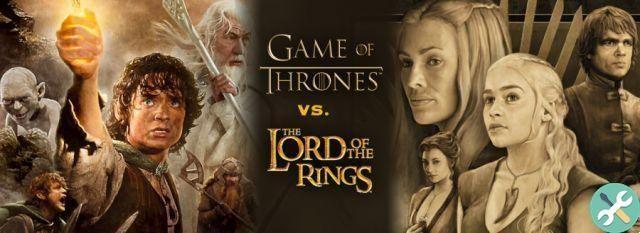
There are many virtues that have led this series to be what it is and, like "The Lord of the Rings", it has made millions of people understand that there is always room for good stories of any kind, even if this one in particular, medieval fantasy, it has a reputation that does not correspond to it in the modern world.
In fact, in the not too distant future, Amazon will publish a series on "The Lord of the Rings" which will tell the events that led to the trilogy; there is also talk of a possible series on the "Chronicle of the killer of kings", a literary trilogy written by Patrick Rothfuss, whose first episode is "The name of the wind", a work that has achieved overwhelming success and with great potential to bring your universe and your characters on the small screen.
Although we can't wait to see these series, the series "The Witcher" is currently available on Netflix, another great medieval fantasy literary saga, which among other things, has delighted video game fans; At the moment, the series has garnered good reviews and the second season is currently in the process of filming.
It might be a little bold to cite "The Lord of the Rings" as Citizen Kane of medieval fantasy cinema and "GoT" as its television counterpart, but in the same way that Orson Welles motivated an entire generation of filmmakers to create great works. ambition, both the Peter Jackson saga and the series produced by George RR Martin have opened up a whole new world of possibilities.
We just have to wait with what great works we will find in the future and if there will be a "Game of Thrones" for future generations and, honestly, I think we have a promising future ahead of us.
What do you think about it?
Jaime T. Ugarte
 report this ad
report this ad




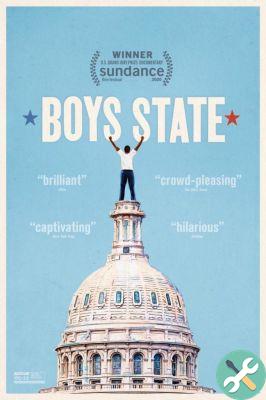



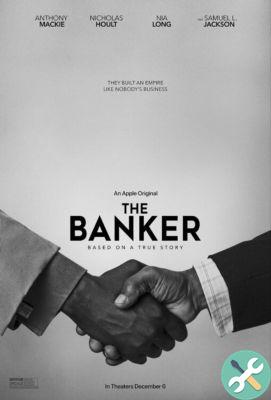


![Google also wants your Apple News [Updated] [2]](/images/posts/943dc0d8f28fcc4bc16fa30ed6d71f6a-0.jpg)
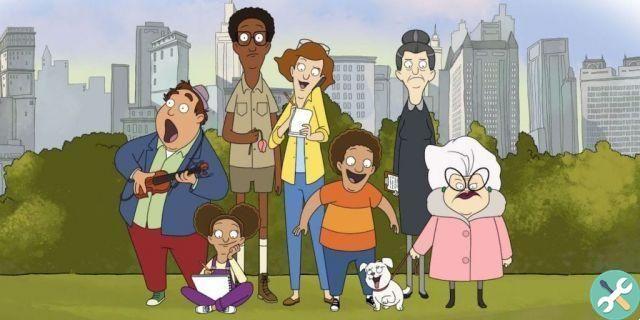




![Apple Vice Presidents Talk About Development of M1 for Mac [Updated]](/images/posts/c6254b668e5b3884d6b6338ccb8a02ff-0.jpg)







